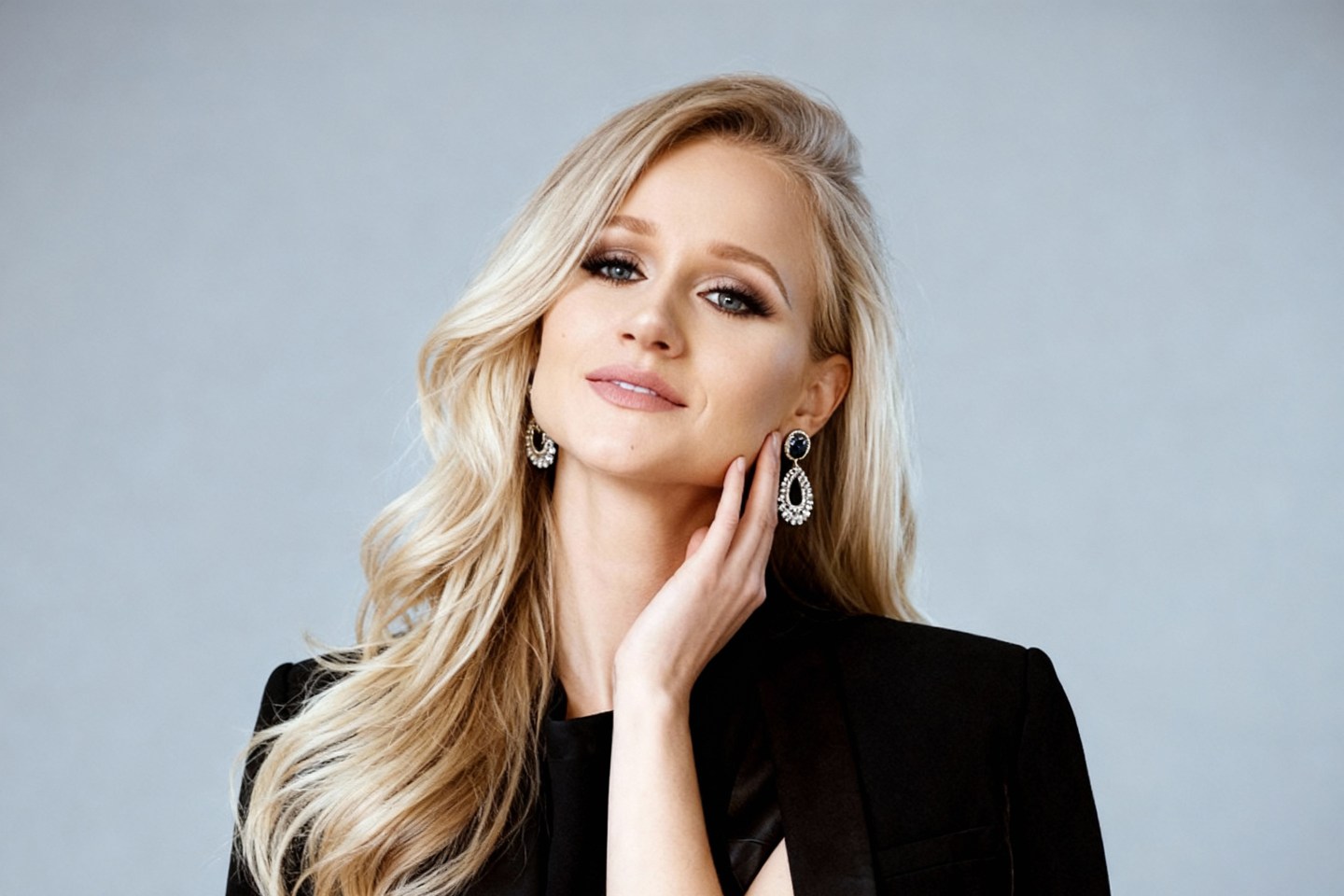Many entrepreneurs dream of that moment when they know they’ve really “made it.” That might look like turning a profit for the first time, or seeing how their product or service changes the lives of customers. It should feel like a moment of pride and celebration, but one multimillionaire serial entrepreneur admits it felt quite the opposite for her.
“The first time I made real money, I cried in a parking lot,” Emily Lyons wrote in a LinkedIn post this week. “Not because I was happy. Because I was terrified I’d lose it.”
Lyons, the founder and CEO of Femme Fatale Media Group and Lyons Elite, said this moment was so scary for her because she had grown up watching her parents fight about money. They had even been evicted from their home, and counted coins to take the subway.
“That kind of stress doesn’t leave your body,” Lyons wrote. “It just waits.”
Lyons founded Femme Fatale, a leading North American event-staffing and marketing agency headquartered in Toronto in 2009. She started the company at age 23 with just $80, a cracked laptop, and a vision to revolutionize event staffing. The company has grown to become a multimillion-dollar agency with a network of more than 20,000 event professionals serving clients like L’Oréal, Red Bull, Sony, and Grey Goose as well as other Fortune 500 companies. She was also recently named Entrepreneur of the Year at the CanadianSME Small Business Awards.
“I didn’t have investors or a safety net,” Lyons said in a statement. “I had a dream, and I was stubborn enough to keep going.”
Lyons also launched luxury dating service Lyons Elite, which was recognized three years in a row as the best matchmaking service in Canada by the Consumer Choice Awards. She also launched True Glue, a clean fake-lashes beauty brand in 2014, and founded the Julia Lyons Foundation, a charity supporting people with cystic fibrosis, inspired by the loss of her sister, Julia, to the disease.
Imposter syndrome
Despite her success, Lyons said when her business finally took off and there were “commas in my bank account instead of panic, she “didn’t feel rich.”
“Money didn’t fix the fear,” she wrote. “It just exposed it.”
She references the old adage of “more money, more problems,” saying “wealth doesn’t erase your problems. It magnifies them.”
That anxiety encouraged Lyons to reframe her newfound wealth, though. She said she had to learn “earning it wasn’t a fluke,” and that she “deserved to keep” the money she had earned.
She learned “success wasn’t something that would be taken away the second I stopped looking,” she wrote.
This case study illustrates one of the innate challenges in being an entrepreneur or successful business person: imposter syndrome, or the psychological phenomenon of persistent self-doubt and the feeling of being a fraud despite evidence of competence and success.
“Turns out you can have everything you ever wanted and still not feel like enough,” Lyons wrote. “That’s the part they don’t put in the success stories.”
A study by Cambridge International City Montessori School, Lucknow published in January provides evidence that especially women transitioning from traditional employment to entrepreneurship often face imposter syndrome, but that cognitive restructuring, mentorship, networking, and social support can help.
Many other successful female entrepreneurs have said they’ve experienced imposter syndrome. Katrina Lake, founder and CEO of Stitch Fix, said that not having female role models growing up contributed to feelings of imposter syndrome despite her company’s $120 million IPO in 2017. Writer and researcher Ali Kriegsman argued, though, imposter syndrome doesn’t have to be a weakness for women business owners to solve on their own—but there are resources to help.
“Success doesn’t heal you,” Lyons wrote. “It just gives you the resources to finally start.”













